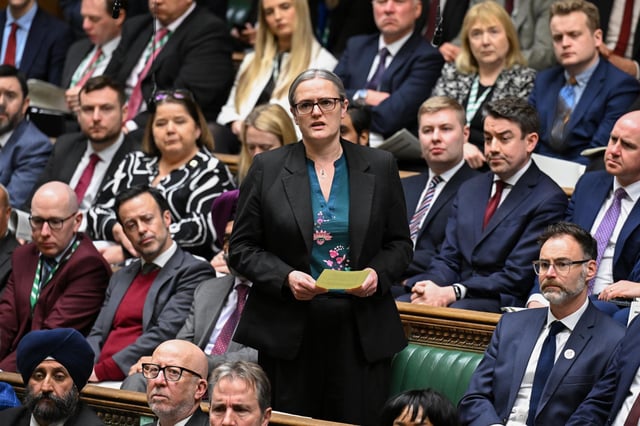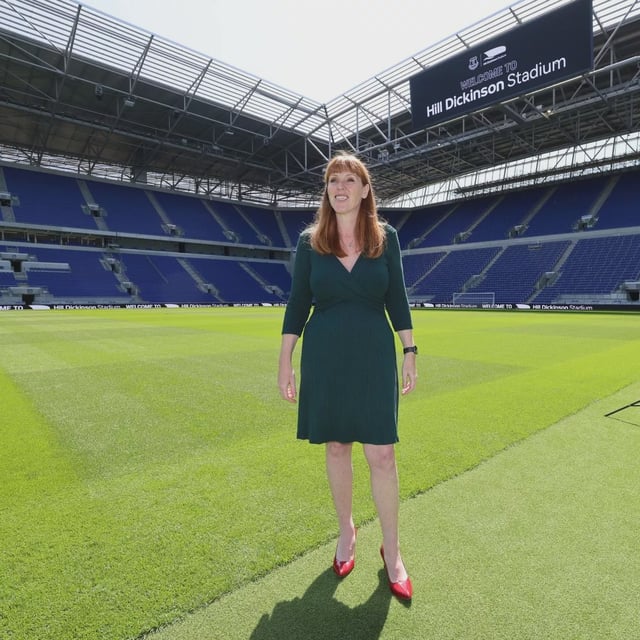Overview
- The House of Commons approved the bill’s second reading by 335 votes to 260, securing a 75-vote majority.
- MPs agreed to pause proposed tightening of PIP eligibility until after a co-produced review led by disabilities minister Sir Stephen Timms and exempt current recipients.
- The legislation still raises the standard rate of Universal Credit by 16% over four years and halves the health premium for most new claimants from April 2026.
- Forty-nine Labour MPs defied the government to vote against the bill, marking the most significant backbench rebellion since Sir Keir Starmer became prime minister.
- Deferring PIP reforms is expected to create a roughly £5 billion funding gap, forcing Chancellor Rachel Reeves to identify new revenue sources.



